Follow that Star is from the seasonal British folk-roots quartet St Agnes Fountain. The band was formed by David Hughes with musical friends Fairport Convention’s Chris Leslie and the female singer-longstanding singer-songwriter duo of Chris While and Julie Matthews. All are songwriters and all are quite capable of being lead singers. I got the song from their Best of … album which doesn’t include any attributions so I don’t know which of them wrote and is singing this song. I suppose that for their fans it is obvious. David himself had to stop performing two years ago and passed away this year but the group continues, now as a trio.
In 2001 the group recorded a Christmas album and scheduled a promotional tour. I don’t know if they intended to create a Christmas tradition, both for themselves and for their fans, but that is how it worked out. Since then “the Aggies” have recorded 12 Christmas albums and have toured their show every year (except for 2020 of course) to sold-out venues all around England, with shows in different towns and cities every day from Dec 1 to Dec 22. Many of the tickets for this year’s show were sold right after the curtain was drawn at last year’s performance.

I imagine that undertaking cross-country December tours every year for over 20 years, working with the same local promoters and organizers and probably staying with the same volunteer billeters who become their friends, creates its own seasonal traditions for the band members. In their obituary for David Hughes the band members fondly recall an anecdote about how his approach to Christmas shopping while on tour differed from theirs.
Shepherds was written and is sung by Bruce Cockburn. The lyrics are:
They wake up suddenly in the night
There is light
And figures dancing in the sky
Clothed in more colours than the world can containAnd all the silences of the night
Leap in song
Like that of a river cascading
From the wild mountain to the slow human plainGloria! Gloria in the highest!
A child's cry sounds from far away
It's almost day
And in the brown-air town away below
Three travelers reap a star harvest
and then go on their way againGloria! Gloria in the highest!
Gloria! Gloria in the highest!
The recording is on his 1993 album Christmas. Cockburn’s usually-informative liner notes merely say: “I wrote this.” but in a 1993 BBC interview he said: “It puts things in a slightly modern context. Subtly though.”
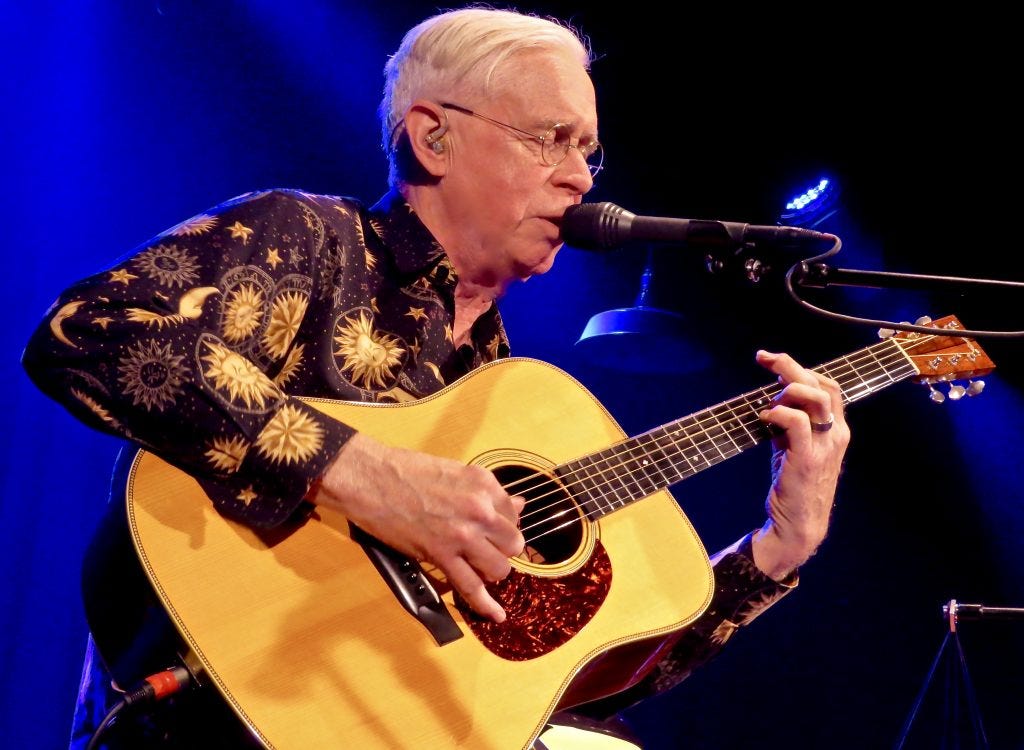
He has a professional music career that spans five decades and is very popular and well-known in Canada and worldwide (but less so in the US for reasons that are not clear.) You can learn more about him from the quaintly-written bio on his website, from his extensive Wikipedia entry, or if you are really keen to learn more about him from his 2014 autobiography Rumours of Glory.
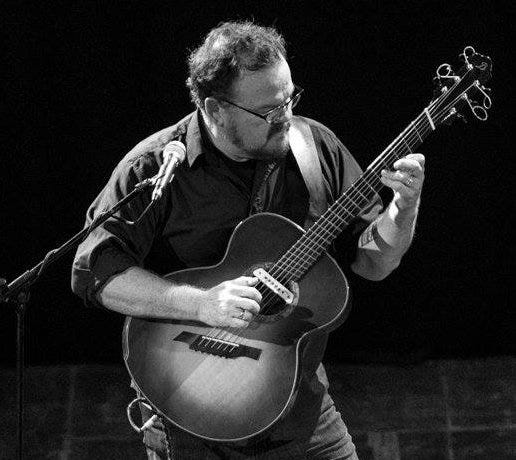
I close this set with the familiar Christmas carol melody The First Nowell as interpreted by Canadian musician Don Ross. He was born in 1960, the son of a Mi’kmaw Indigenous mother and a Scottish immigrant father, and is a member of the Millbrook First Nation. After he graduated from Toronto’s York University with a BFA music degree in composition he began to study to become a priest but decided to leave that pursuit to become a professional musician.
And as you can hear, a fine musician he is. Don is one of the world’s best fingerpick guitarists; he is still the only person to have ever won the prestigious US National Fingerpick Guitar Championship twice. He has released 22 solo or duo albums, and countless ones as a member of a group or as a top-tier session musician. In this tune he is in a slow lyrical mode. But about his playing Bruce Cockburn wrote: "Nobody does what Don Ross does with an acoustic guitar. He takes the corners so fast you think he's going to roll, but he never loses control." You can watch a ½ hour interview in which he reflects on his music here.
These days the song itself is often titled The First Noel, giving the impression that it may have French origins. But it is well established that it is an authentic old English Christmas carol, and I am using that word “carol” in its narrowest sense of being an authentic medieval dance song. Music scholars are united in believing it to be from 16th century. It shares with the honour of being among the only true English Christmas carols that are still commonly sung by everyday people with only a couple of other Christmas songs.
The first written record of the words to The First Nowell come from a manuscript from before 1823 found in the remote, culturally-conservative region of Cornwall and the melody was collected there before 1833. The Wikipedia entry for the song briefly describes an academic debate that questions whether the melody that was collected is an accurate reflection of the melody that was sung in medieval times. That is based on other versions of the tune (set to different words) that have been discovered since its initial collection.
The editors of the New Oxford Book of Carols go into greater detail about this. They accept the conclusion from a detailed study of the matter that was conducted by the English Folk Song Society in 1924 that the tune collected in Cornwall is probably a conflation of the melody and treble parts from some no-longer-extant harmonized version of the medieval carol. That harmonization is likely from about the 18th century when the Church of England was first beginning to re-introduce music to church services. It had been banned during the English Reformation and for many years following that, and arrangements for church choir music were being written by newly-minted choir directors who had no formal training in the craft.
But whatever its history, the words and melody that survived to be rediscovered the early 19th century came to became a very popular Christmas carol in Victorian times, spurred on by the Keep Christmas movement that I discussed on December 5. And that is the melody upon which Don Ross based this composition. This recording is from Ross’ 1996 album Wintertide.




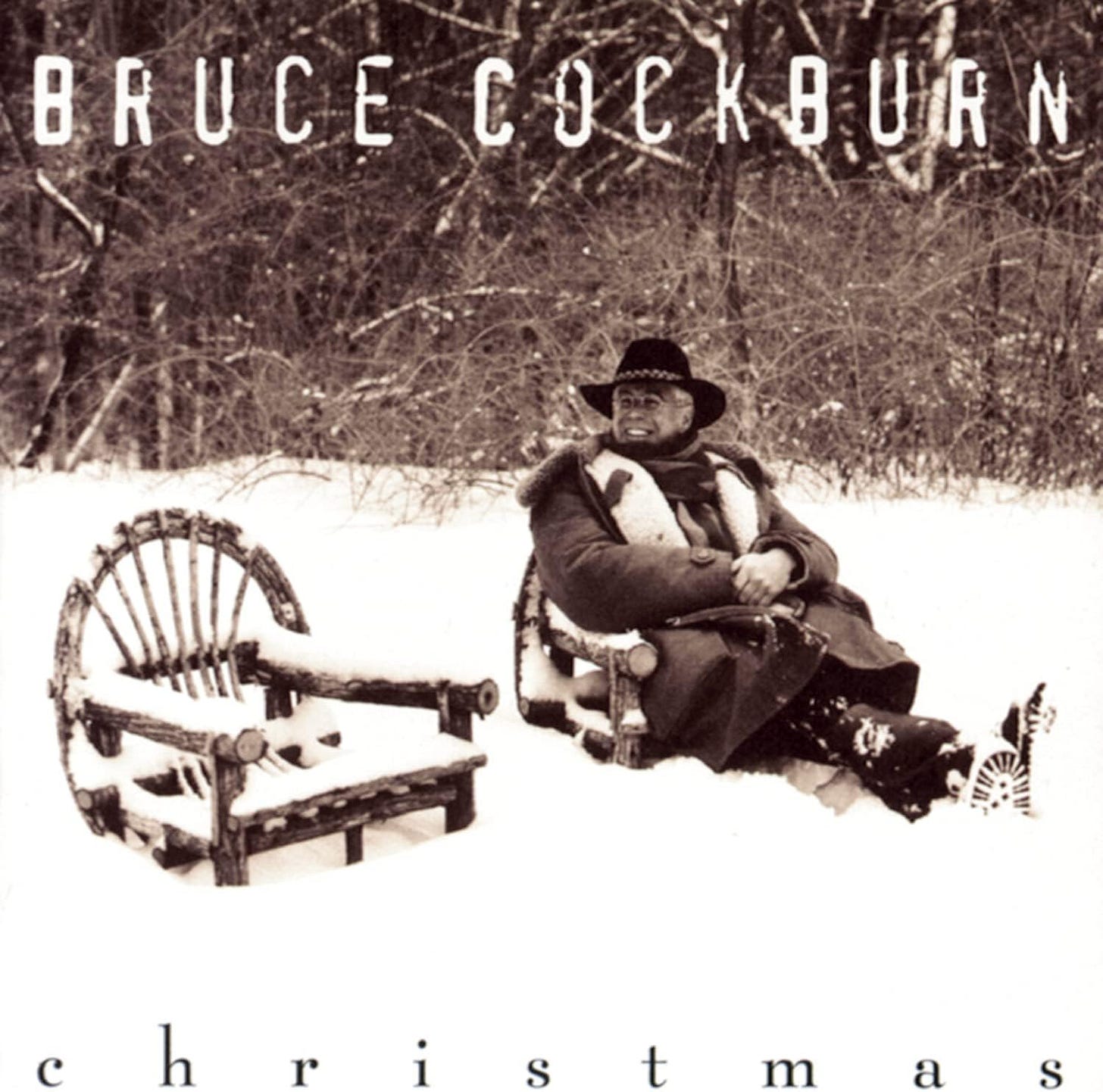

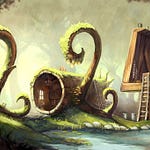


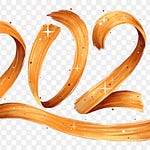

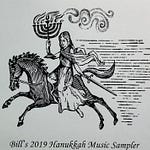
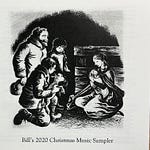

Share this post